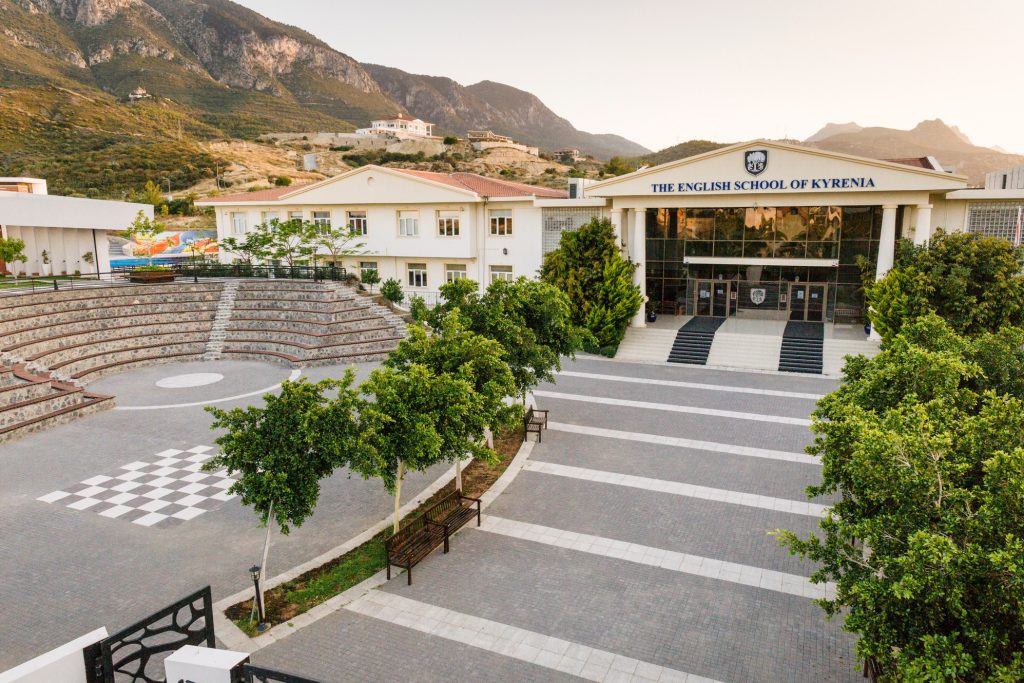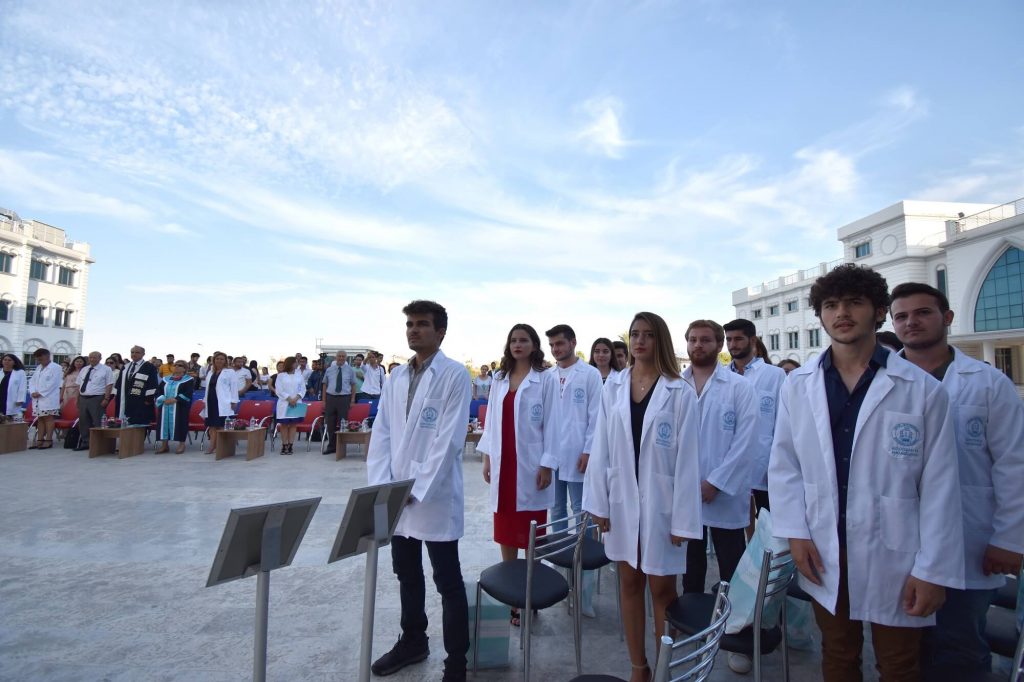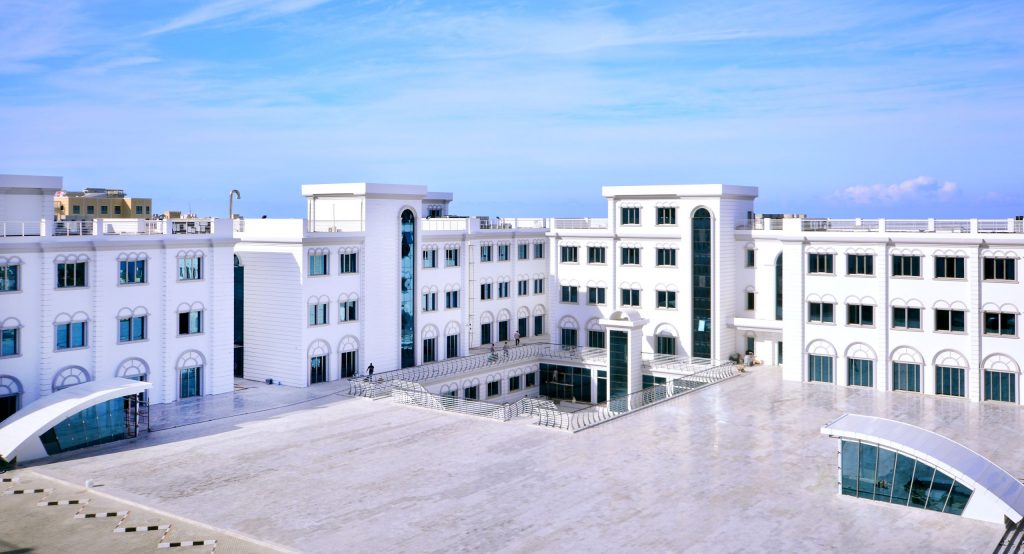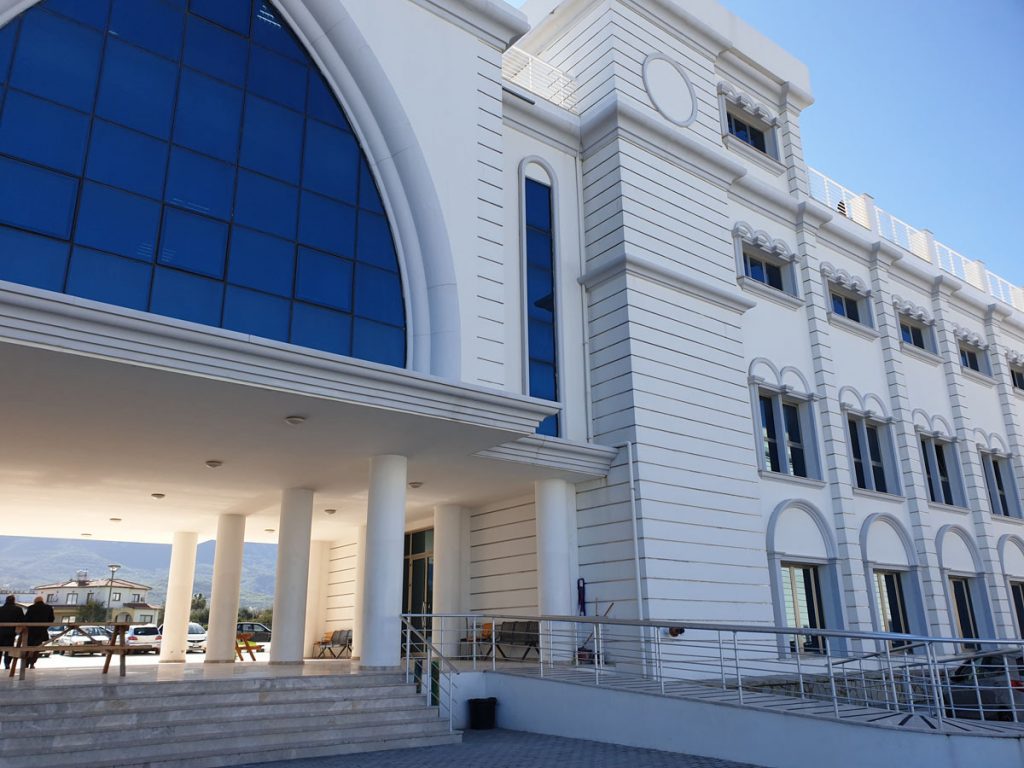University of Kyrenia


The Faculties of Maritime Studies, Maritime Management and Administration, and Marine Sciences were fully taken over by the University of Kyrenia. Additionally, it assumed control of all of the Maritime Vocational School programs (together with all of their infrastructure and superstructure) and the Postgraduate Program in Marine Transportation and Management from NEU. Since its inception, the University has had the advantage of working with an established infrastructure of students and professors, giving it the ability to deliver an excellent education with extensive knowledge.
The University of Kyrenia sought for approval from the Council of Higher Education (YOK) of Turkey after receiving accreditation from YODAK and meeting all requirements. This was granted to the university on January 16, 2014, and on January 28, 2014, it became formally created. As a result, it immediately welcomed students in 10 different programs from the Maritime faculties.
In the beginning, the university made use of the facilities offered by its sister institution, Near East University, but after a year, work started on a brand-new, 2.7-hectare beachfront campus in Karakum, Kyrenia. On September 27, 2013, there was a ceremony to officially break ground, and it garnered a lot of media attention. On November 15, 2015, the TRNC Republic Day, the university started holding classes on its new site.
The University has decided to place a priority on knowledge creation, research programs, and scientific publication to promote sustainability and show its efforts to be acknowledged as a worldwide regarded institution in the domains of Education and Science. In support of this, the university has already participated in numerous maritime research projects over the course of its brief history that have been sponsored by the EU and TUBITAK. Through the operations of its research vessel, the M/Y J. TEAL, which is outfitted with the most recent technologies, it also promotes marine research.


The University places a high priority on research, and its strategic plan calls for supporting lecturers’ “scientific research projects.” To support academic growth, the University provides money for attendance at conferences and scientific meetings and supports staff publications in renowned scientific journals. The University is supporting four important research initiatives at the moment.

